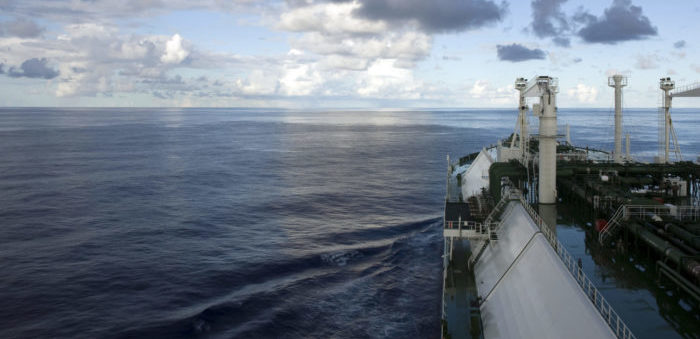In light of the recent MEPC 72 and its decision to cut shipping emissions by at least 50%, BunkerEx proposed ways to achieve this. BunkerEx said that for now, scrubbers will not be beneficial.
This is something that shipping giants such as Maersk, Hapag-Lloyd and Pacific Basin agree as well. Pacific Basin Shipping released its financial report for 2017, informingd that the company will not use scrubbers, as it thinks that the adoption of cleaner fuels will be more environmentally beneficial. Maersk also said that it will not pursue scrubbers as an option for compliance with the IMO 2020 sulphur cap, but it will replace the cheaper bunker oil with fuels with a lower sulphur content.
BunkerEx explains that scrubbers will not be the solution because of five reasons:
- Increased Availability of <0.5% fuel: Due to the large gulf between HSFO and MGO prices, there is a strong economic incentive for refiners and blenders to produce a stable 0.5% sulphur fuel oil.
- Betting on a Scrubber: When betting on HSFO Availability, there is the possibility of decreased availability of HSFO as it becomes uneconomical for refiners to produce it. Recent IMO actions suggest just carrying non-compliant fuel onboard would be a violation.
- Allowances from the IMO: In a recent FAQ document published by the IMO, they state: “Some elements for consideration include developing a draft standard format (a standardized system) for reporting fuel oil non-availability that may be used to provide evidence if a ship is unable to obtain compliant fuel oil.” Therefore ships can avoid the fines if they prove that no <0.5% sulphur fuel was available.
- Delayed Implementation: BunkerEx believes that it is a delay to the January 1st, 2020 date, is unlikely. The delay is unlikely because shipping is currently not included in the European Union’s Emissions Trading Scheme.
- The Exception: Installing a scrubber before fuels become available, is a high risk, as the pay-off is uncertain. In a recent survey, only 13% of shipowners intend to install a scrubber.
[smlsubform prepend=”GET THE SAFETY4SEA IN YOUR INBOX!” showname=false emailtxt=”” emailholder=”Enter your email address” showsubmit=true submittxt=”Submit” jsthanks=false thankyou=”Thank you for subscribing to our mailing list”]
However, if an operator can secure HSFO supply in all their ports, installing a scrubber could be a clear winner. “This would only work with long term supply contracts and a reliable supply chain,” BunkerEx said.




























































